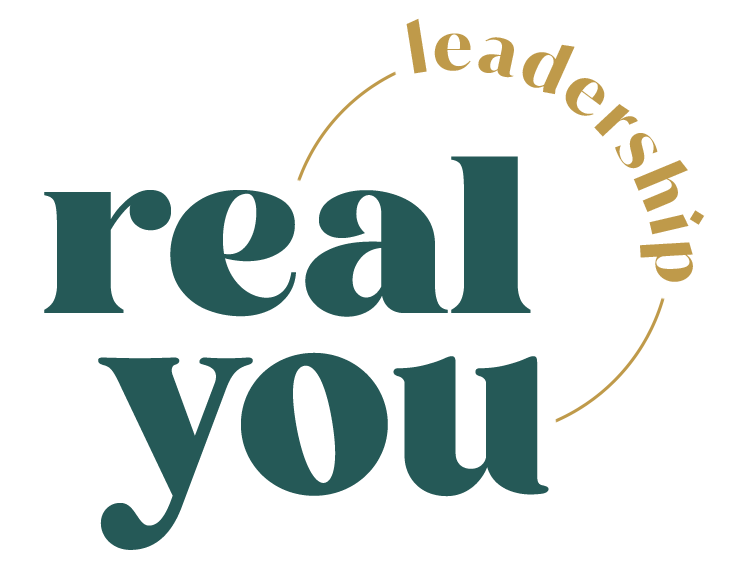3 Simple Tips for Establishing Expertise When You Don’t Know Where to Start
There are typically two types of clients I work with:
A WOC leader who has expertise but is waiting for outside permission to flex it and share it with the world
A WOC leader who is seasoned in their profession but wants to jump into something new (ex: current Account Manager who wants to be an expert in larger strategic partnerships or Engineer I who wants to be leveled at Engineer II)
Claiming your current expertise or diving into something new doesn’t have to be intimidating.
Below are some tips to help you build up a starting point, communicate your wants, create a supportive community, and grow comfortable with investing in your growth.
So how do you build expertise in something you’ve always wanted to do but have never been given a chance at it?
1. Just start.
We’ve all been novices or amateurs at one point in time and that’s just a part of the journey. Don’t rush to learn everything in one day and overwhelm yourself with information. Start by figuring out what excites you, sparks your curiosity, and is worth exploring.
Once you establish what your focus will be, take it one step at a time and keep seeing what happens. One new skill set to add to your toolbox, one new relationship that can teach you or give you access, one new certification, or one new special project at a time that will build your experience and knowledge in that role or skill of expertise.
2. Speak up and find/create community.
If no one is handing you these critical relationships and responsibilities to build upon your experience and knowledge, then it’s imperative that you learn how to self-advocate, negotiate, and lead in the space that you occupy and the work that you love to do.
There are many studies that say if you work at something for 10,000+ hours you will be an expert, and I don’t see anyone getting that much work experience without creating and nurturing a community of support around them.
If communicating and sharing your dreams of establishing your expertise and professional growth scares you, know that you’re not alone. In a day and age where “imposter syndrome” is more and more common, especially in folks from marginalized communities, I want to normalize the fear of asking questions that make you appear “less than” an expert in your career, role, and relationships with stakeholders. Know that just because you don’t know everything doesn’t mean you don’t belong.
👀 Can someone really call themselves an expert without knowing failure?
It’s helpful to stay in a “beginner’s mind” and know that the best experts dare to stay open to being wrong, explore new possibilities, and continue their learnings.
Ask for advice from other experts and people you admire in the space that makes you better at what you do. Get specific. Instead of asking for general feedback, I advise clients to get clear on the advice they’re looking for.
“Hey X, I want to get great at negotiating big partnership deals. Can you listen in on my next few calls with a couple of partners and give advice on 1-3 things I could do better?”
Giving yourself permission to be visible and name your growth points is a really courageous and vulnerable act, and I promise it gets easier with practice!
The important thing about sharing your dreams and goals of being an expert is to put it out there into the universe and your sphere of influence. Not just once, often. You will start attracting the right community that can help open doors for you, share knowledge and resources that are critical to your growth, or at the very least people who cheer you on and build natural, positive accountability as you keep at it.
3. Invest in your growth.
Don’t hesitate to invest energy, money, and time in your growth and path towards expertise. If you need mentorship, look into your network and start calling those in or invest in a teacher or course that can help you enhance your ability to do the work and think creatively and critically. Read books, articles and attend events that will add to your knowledge or network that can help.
The same goes for investing in growing your communication, leadership, and self-advocacy skills. Many of our leadership group coaching program clients already know they have the experience to be go-to leaders, and investing leadership and negotiation coaching with us in order to trust their intuition, grow their confidence to ask for what they need, and start taking up space in their meetings, teams, and industry.
If you’re looking to build on more than establishing expertise but also how to grow your self-advocacy, negotiation, and leadership skills within an incredible community of WOC, then join our next cohort today.
Leadership & Negotiation Coach for Women of Color in Technology|Founder|Workshop Facilitator, Speaker & Trainer
Nadia’s career and leadership expertise has been featured in CNBC, HuffPost, FastCompany, New York Times Kids, and The Muse.
BROWSE BY CATEGORY:

